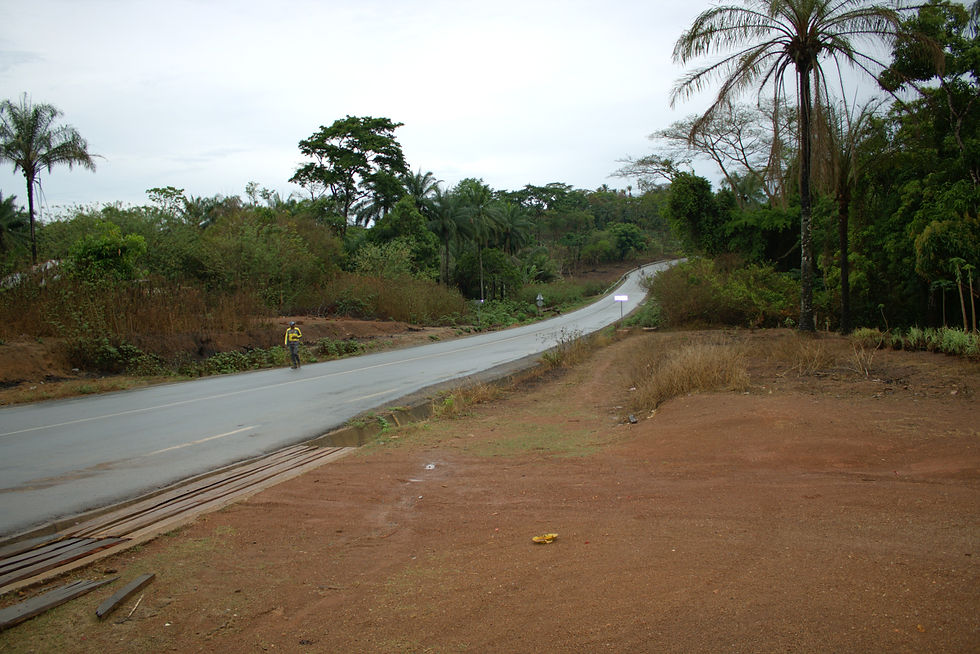After years of civil conflict, people in the Ring Road Cluster, now more than ever, need the hope found in God's Word. They observe how God’s Word steadies minds and hearts in neighbouring communities, and long to access this same hope in their own mother tongue.
the Need
The Project
Ring Road Cluster team members in all four language communities, trained by staff from our national partner in Cameroon, have made the commitment to:
Develop an alphabet.
Translate the New Testament and distribute it in print and audio formats.
Create mother-tongue literacy materials.
Hold ongoing literacy classes.
Develop Scripture engagement strategies within their communities.
Craft and tell oral Bible stories in their communities.
BIble Translation Progress
Drafted

27
Community-Checked

26
Quality-Checked

26
New! (2024-2025)

Recording the Gospel

In the Storm

Faith in Context
“The development of the Njen language is enabling the Njen people to regain their significance and realize how important our language is and how much God values us as a people. This opportunity and privilege given to the Njen people is one that we cannot take lightly.”
Njen Chief





